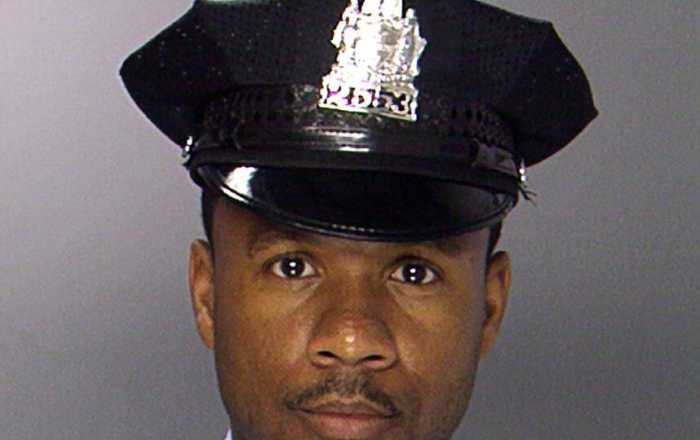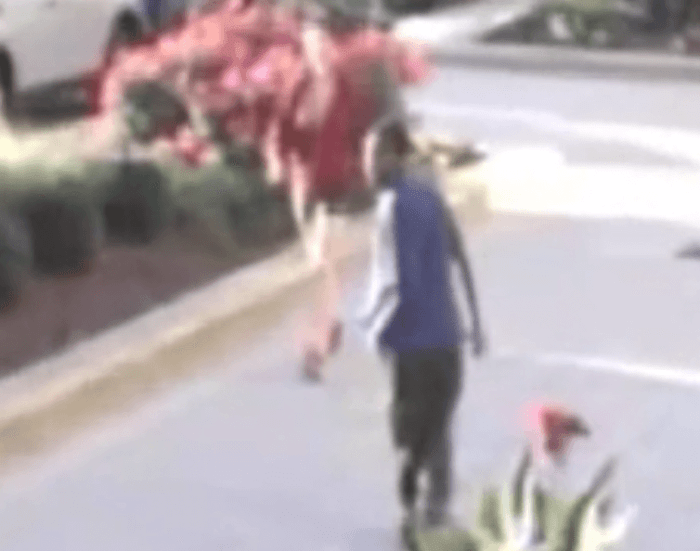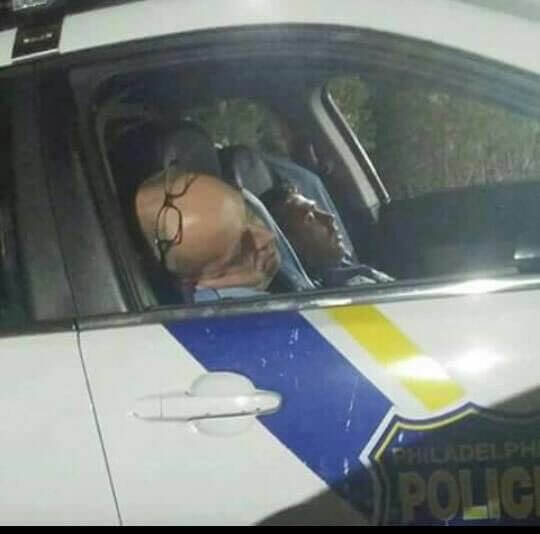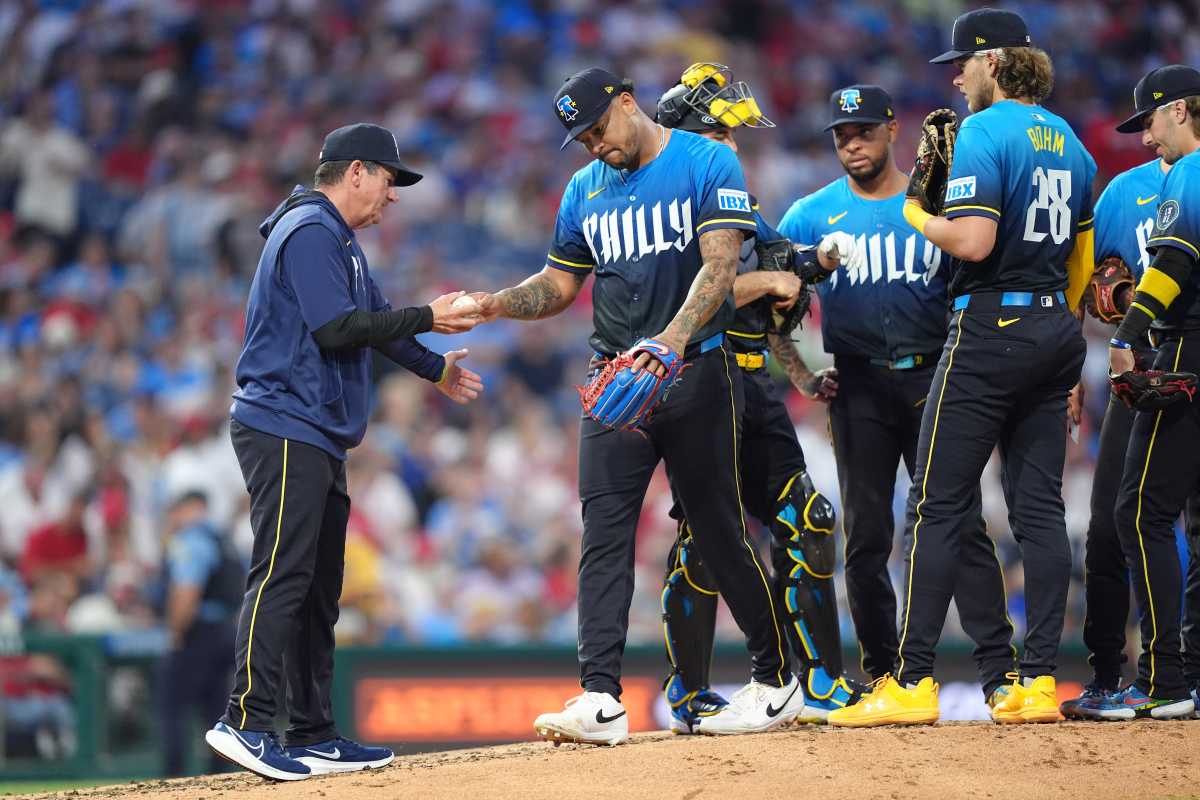Philly cops continue to use stop and frisk minorities at sky-high rates, despite a 2011 court settlement under which the department agreed to curb the impact of the practice on black and Latino residents, the The American Civil Liberties Union says. In a report released today, the fifth in a series of audits the city agreed to so it could settle a 2010 class action lawsuit, says that that 80 percent of people stopped on the street were black or Latino, while those groups made up roughly 52 percent of the city’s population. Of the over 200,000 pedestrian stops made in 2014, the ACLU says that 37 percent were made without reasonable suspicion, and that in 95 percent of the cases, no evidence of a crime was found. “We are still faced with the proposition that tens of thousands of people are being stopped without cause,” said David Rudovsky, a civil rights lawyer whose firm partnered with the ACLU on the case. Rudovsky said lawyers working on the case may ask a judge to impose substantial financial sanctions against the city if it does not seriously improve its practices over the next six months. The police department did not immediately respond to the ACLU’s claims. In a response to a report that came to similar conclusions last year, the department said the ACLU’s investigators may not be familiar with the shorthand officers use to describe their stops, and therefore may have erroneously found some stops impermissible. The city is expected to respond to the report in the next couple of weeks, Rudovsky said.
Kelvyn Anderson, the executive director of the city’s Police Advisory Commission welcomes the data, and says the department has struggled to reform itself.
“It is like turning a battleship around,” Anderson said.
Police executives say tools like stop and frisk help them remain proactive in high-crime areas and that by focusing on small crimes they can deter bigger ones. But opponents of the stop and frisk say that they contribute to deteriorating relations between police and the public. The report comes at a particularly difficult time for the department.
Earlier this month, two police officers were charged with knocking a man off of his scooter and beating him. In January, prosecutors charged homicide detective Ron Dove with helping his girlfriend, a murder suspect, hide from police. Police Commissioner Charles Ramsey co-chairs president Barack Obama’s commission on police and community relations, formed in the wake of national unrest over the police shooting of an unarmed black man in Ferguson, Mo.But Ramsey, who has a reputation for advocating better relations between police and the communities they serve has suffered a number of tough headlines dealing with officer misconduct in recent months. He continues to be locked in a tough battle with the city’s police union over reform of disciplinary rules.
Stop-and-frisk goes on, says ACLU

Charles Mostoller
































